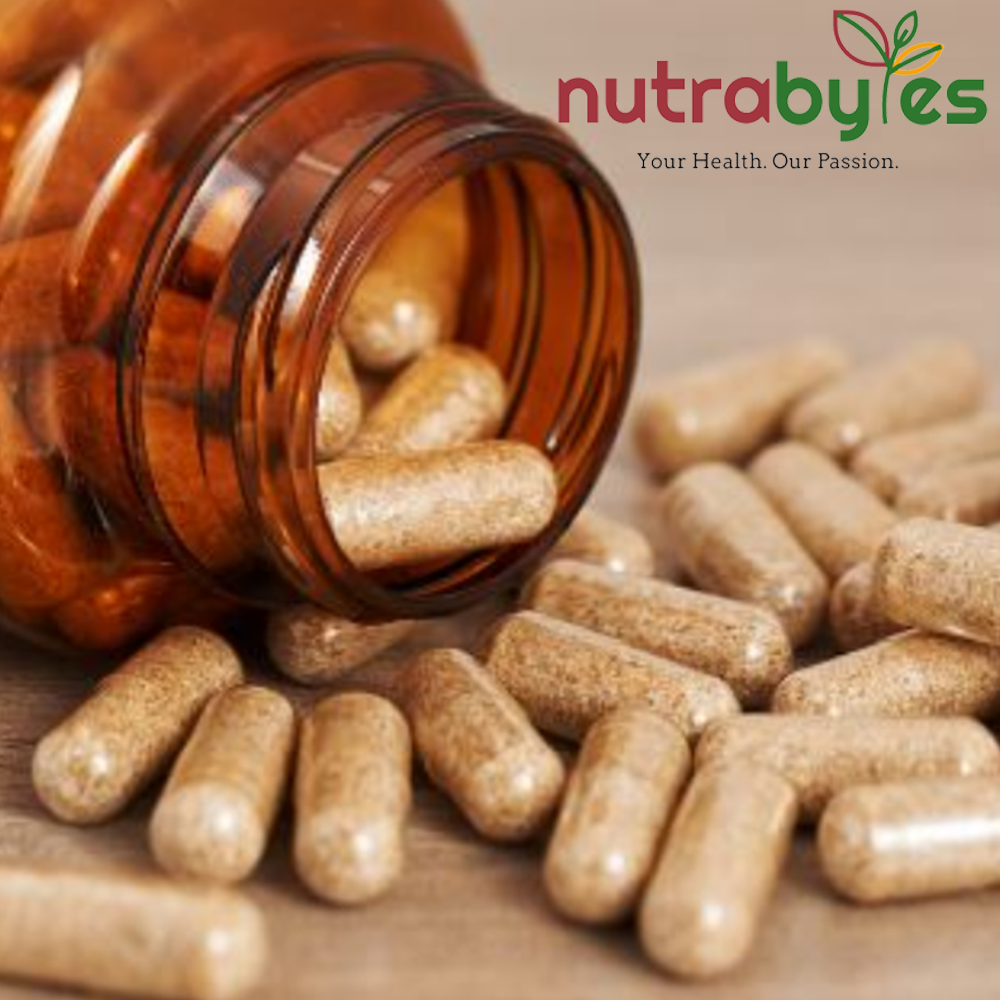
Turmeric is a popular spice that is often used in curries and other savoury dishes. Used in many Asian cultures and known as “the spice of life” or “the golden spice”, it has become popular worldwide. Turmeric benefits us in lots of ways, and the early research into this golden wonder is promising, so this article will dive into everything we know about turmeric.
As well as giving curry its yellowish colour, turmeric also has powerful plant-based compounds called curcuminoids. Curcumin is the active ingredient in turmeric that is popular in research for its potential medicinal uses. However, curcumin makes up only about 3% of turmeric by weight, so you will likely need a supplement to reap the health benefits.
What are the Health Benefits of Turmeric?
Turmeric is a natural anti-inflammatory and antioxidant, which leads to all of the research surrounding its potential health benefits. While many of these areas of research are ongoing, it has been clear that the chances of toxicity (or negative effects) of adding turmeric are very low.2 Some of the turmeric benefits that researchers have found are...
1. Turmeric may help with pain from arthritis
Research has shown improvement in knee pain from osteoarthritis after regular supplementation of curcuminoids. One study even compared curcuminoid supplements to typical NSAIDs (non-steroidal anti-inflammatory drugs) and found that they could be just as effective in treating stiffness and pain while walking. This is a promising for turmeric as long-term use of NSAIDs can have negative side effects.
2. Turmeric may improve blood sugar levels
While studies into turmeric improving health outcomes for those with diabetes and obesity have not been conclusive, one study did show improved blood glucose control in pre-diabetic subjects, which could play a role in prevention. This is a popular area of research and while there has not been a lot of clinical evidence, having turmeric in the diet has the potential to improve blood sugar related health concerns.
3. Turmeric may fight inflammation
While many chronic diseases are related to inflammation, the specific impact of turmeric has not been proven. It has been used for many years as a medicinal herb in certain cultures.
However, the bioactive phytochemicals (plant compounds) in turmeric make it an easy choice to include to help prevent the damage that inflammation can do to your body.
4. Turmeric is a proven antioxidant
The curcuminoid compounds of turmeric are chemically proven to have antioxidant properties. Antioxidants are key in preventing free radical damage that plays a role in aging and causes many diseases.
Turmeric has also developed a bit of a reputation as a superfood, which can only mean good things.
5. Turmeric may support heart health
Some studies have focused on cholesterol and triglyceride levels and their response to curcumin supplementation. While the research in this area is still ongoing, cardiovascular disease is a major concern for many who may benefit from adding turmeric to their diet.
6. Turmeric may help improve mental health
There have been studies focused on curcumin supplementation for those with depression and anxiety related disorders. While some studies saw improvements, they were only done over short periods of time and more research needs to be done to support this potential benefit, but early research is promising.
What is Turmeric?
Turmeric is a spice that comes from a plant. Turmeric is also known as Curcuma, Curcumin, Halada, Haldi, Haridra, Indian Saffron, Nisha, Pian Jiang Huang, Rajani, Safran Bourbon, Safran de Batallita, Safran des Indes, Turmeric Root, Yu Jin, and other names. Turmeric should not be confused with Javanese turmeric root (Curcuma zedoaria). Turmeric is commonly used to flavor or color curry powders, mustards, and other foods. The turmeric root is also used to make alternative medicine.
Turmeric Dosage
Turmeric is clearly a powerful spice with many potential health benefits. While there is no general guidance on exactly how much turmeric you should take to reap the benefits, you could consider the amounts used in research studies as guidance.
- For arthritis, most studies used 500 mg curcumin twice a day for at least 2 months.
- For improved glucose control and heart health, one study provided patients with 2 grams per day (4, 500mg supplements)
- For fighting inflammation and antioxidant properties, dosage ranged from 180mg to 1.5g daily
- For depression and anxiety, a common dosage in studies was 500mg twice a day for several months
Research supports that combining turmeric with black pepper may enhance its effects. Black Pepper (Piperine) enhances curcumin absorption in the body by 2,000%, making it more readily available to be used by your body. This combination has proven to be more effective in reducing inflammation and improve digestion, particularly in supplement form.
Take Home Message
While turmeric and its curcuminoid compounds have many promising health benefits, the studies are limited and recommended dosages vary. However, the golden spice (turmeric) has been shown to have many antioxidant and anti-inflammatory effects - showing again how powerful a healthy diet with plant-based nutrition can be to prevent disease and preserve your health.
Turmeric, ginger, and black pepper are power-packed, anti-inflammatory superfoods. This combination has been used for centuries in the eastern hemisphere in food and for its healing properties.
Nutrabytes supplement combines these 3 superfoods into a supplement. All of the ingredients have been obtained from organic and sustainable sources of farming.
This supplement is certified Organic by the Soil Association.
This supplement is certified Vegan and Vegetarian by The Vegetarian Society.
Reference Links:
https://www.webmd.com/vitamins/ai/ingredientmono-662/turmeric
https://www.healthline.com/nutrition/turmeric-dosage
https://www.healthline.com/nutrition/top-10-evidence-based-health-benefits-of-turmeric
https://www.hopkinsmedicine.org/health/wellness-and-prevention/turmeric-benefits
https://www.medicalnewstoday.com/articles/318405






















